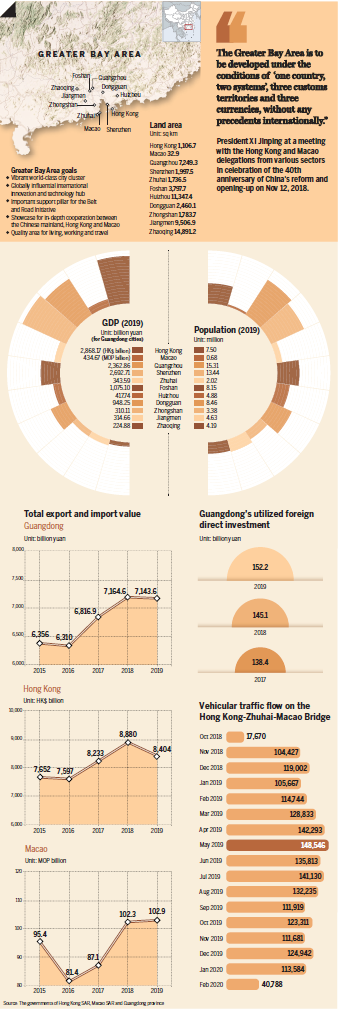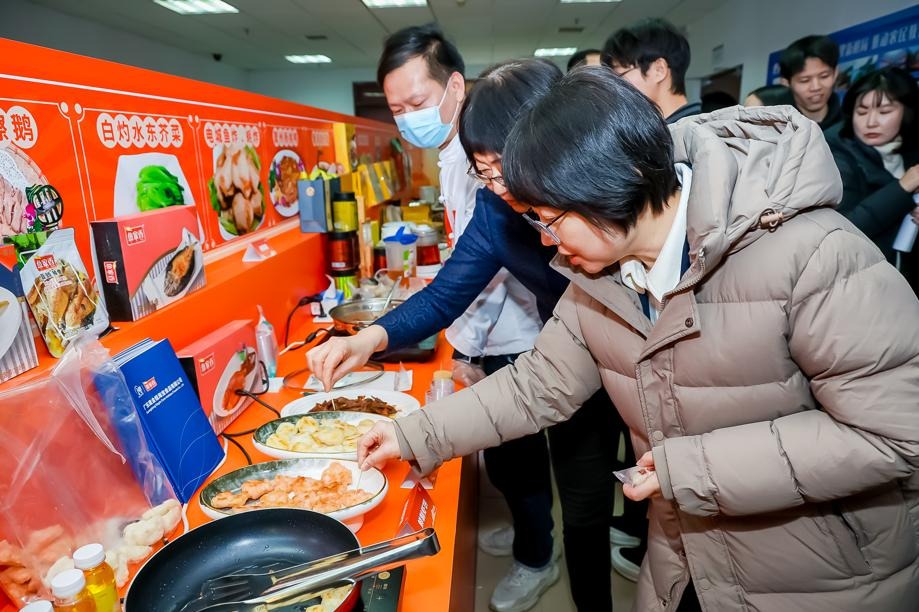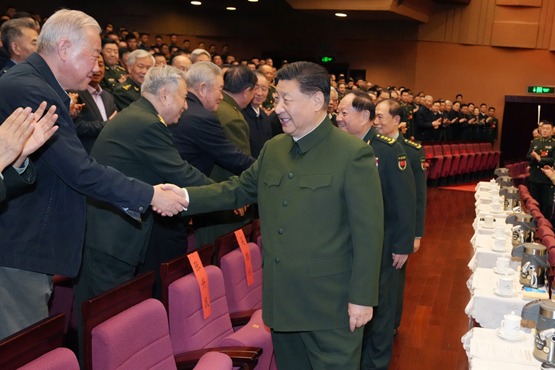Better integration reduces barriers


Hong Kong, one of the world's financial centers, has also become a popular market for Chinese mainland companies' initial public offerings, signaling another push to further relax cross-border travel rules for executives and professionals.
Considering the upgraded financial connection, Lam suggested the need for more measures to facilitate the flow of talent in the Bay Area this year. He suggested setting up a green channel for professionals crossing the border.
Mutual qualification recognition will also form the basis for tighter economic mix. Another Hong Kong deputy to the NPC, Pauline Ngan Po-ling, has been promoting the expansion of this practice to more regions.
The Qianhai free trade zone in Shenzhen has lowered the qualification threshold for Hong Kong talent in a dozen occupations. Professions include accountant, registered tax officer and construction surveyor. Ngan suggested that this practice could be implemented in all cities within the Bay Area. "The efficient and easy flow of talent, logistics, funds and information is essential to the Greater Bay Area's development," she said.
In response, the Human Resources and Social Security Department of Guangdong rolled out a detailed plan in November in a bid to realize mutual recognition of professional qualifications by 2025.
The requirements for Hong Kong and Macao talent were modified and applied to the ranks and titles of all occupations in the province. Some professionals recommended by designated organizations can even receive mainland qualifications.
Nancy Ip Yuk-yu, a Hong Kong deputy to the NPC and a member of the Chinese Academy of Sciences, has been focusing on collaboration in scientific resources and projects.
Ip said Hong Kong can use its edge in basic research and take the lead in research subjects such as healthy aging, while the abundant pool of funds, biosamples and equipment and the industrial ecosystem in Guangdong can propel the commercialization and application of scientific research.
In July, Guangdong realized the nation's first cross-border capital allocation for scientific research, with 3.17 million yuan transferred from the provincial finance authorities to Hong Kong University of Science and Technology for a joint project.
A green channel for research funds flow in the Bay Area is also in the pipeline to bolster further integration of scientific research and technology strength.
Three Guangdong NPC deputies submitted a proposal last year urging the accelerated development of traditional Chinese medicine in the Bay Area.
Guo Jiao, principal of Guangdong Pharmaceutical University, Zhou Haibo, head of Qingyuan People's Hospital, and Song Erwei, head of Sun Yat-sen Memorial Hospital at Sun Yat-sen University, proposed formulating a plan to coordinate innovative development of TCM in the region. They also suggested building national labs there.
The proposal got the attention of the State Administration of Traditional Chinese Medicine, which responded that it will continue to support Guangdong-Hong Kong-Macao cooperative projects on TCM modernization research and promote the industry's growth.
The National Health Commission will also push forward policies under the Closer Economic Partnership Arrangement to be implemented in the Bay Area and promote exchanges on high-quality medical and health resources to spur growth of the health industry.
In another proposal jointly submitted by 29 CPPCC National Committee members last year, the political advisers suggested that a new mechanism for intellectual property cooperation in the Bay Area should be established to strengthen regional cooperation in areas such as intellectual property rights protection and the training of professional talent.
In its feedback regarding the proposal, the National Intellectual Property Administration said the mainland attaches high importance to cooperating with Hong Kong and Macao on intellectual property and has been setting up a new mechanism in recent years.





































